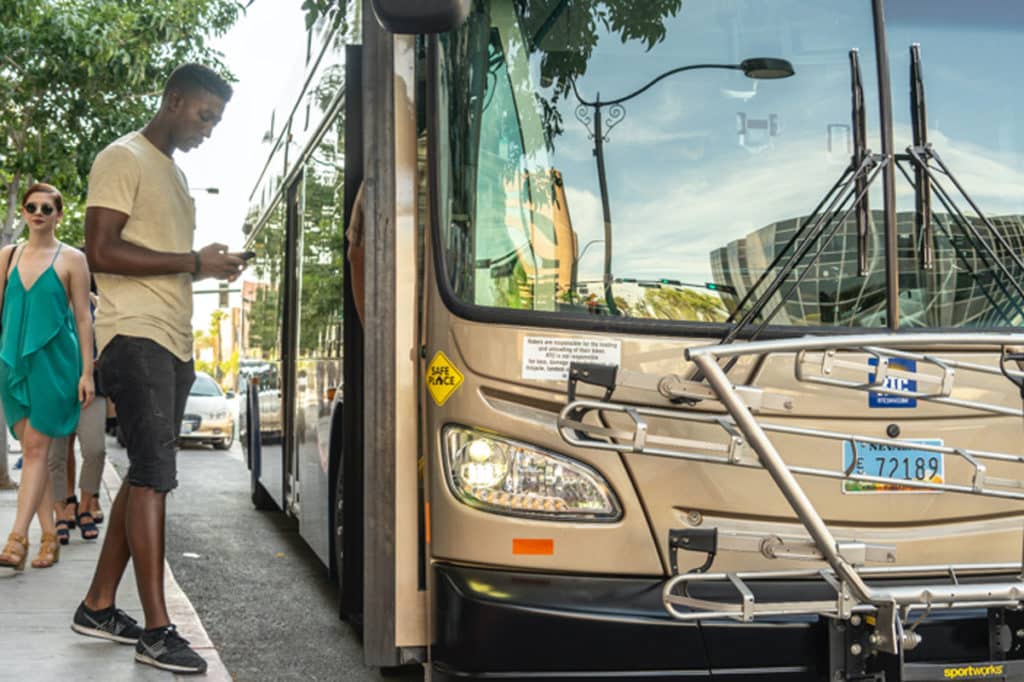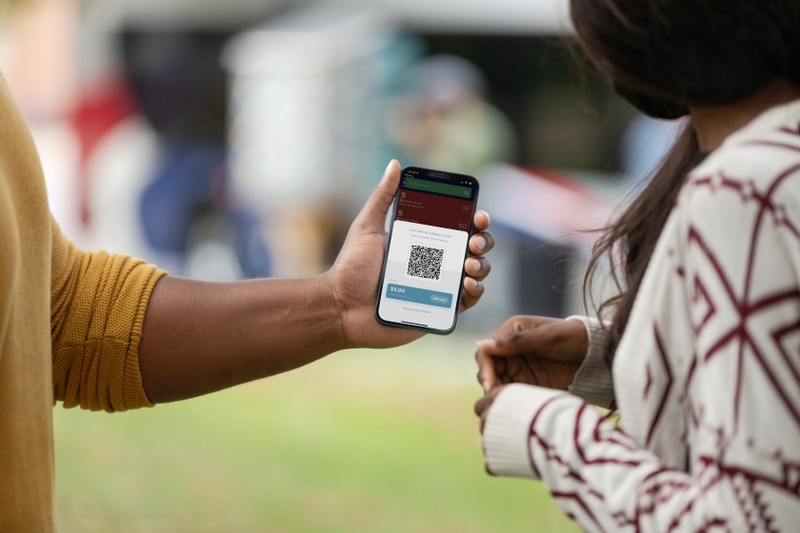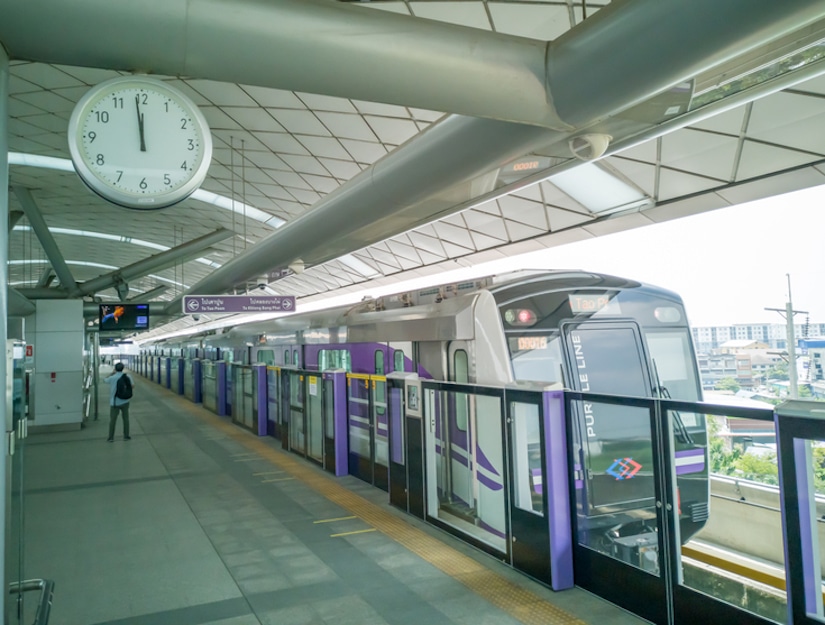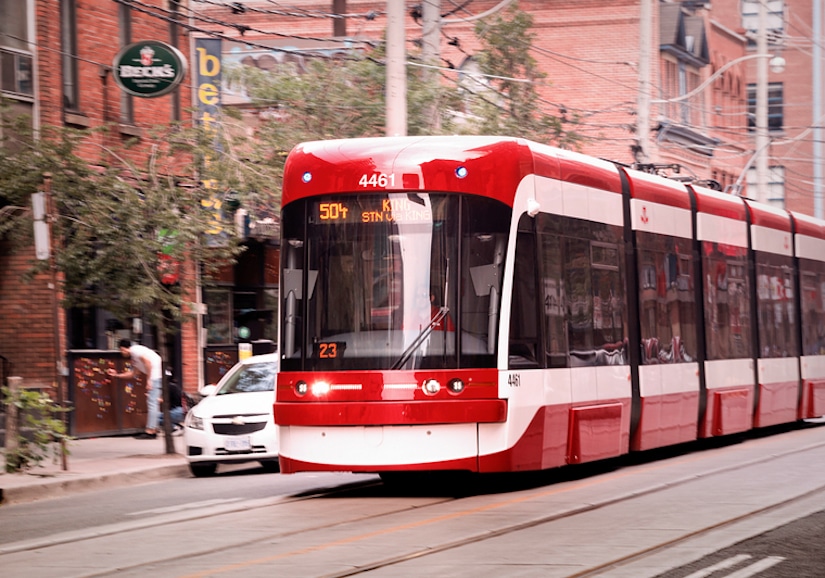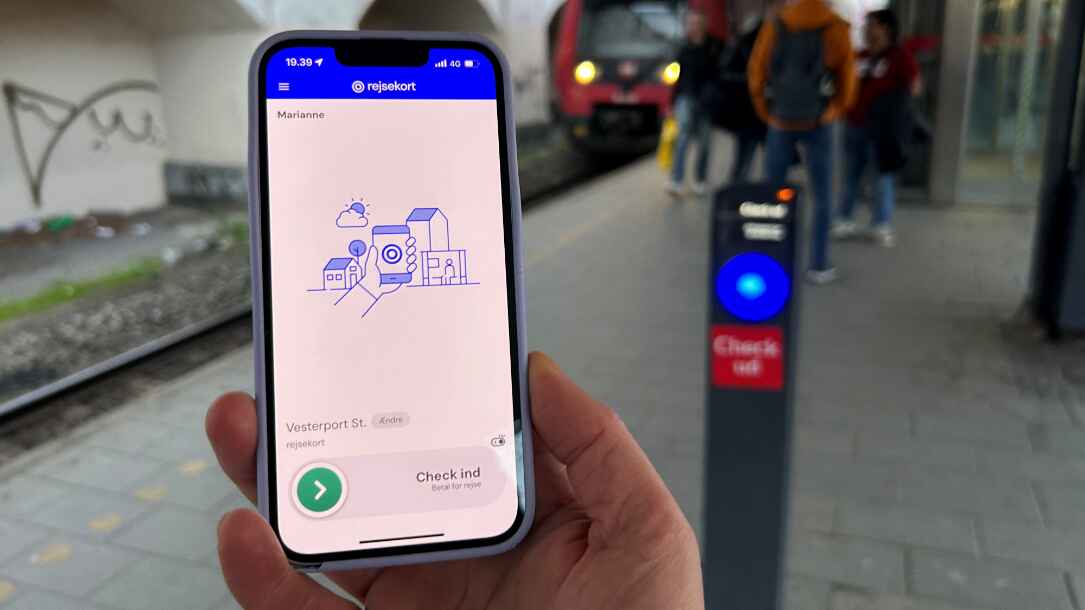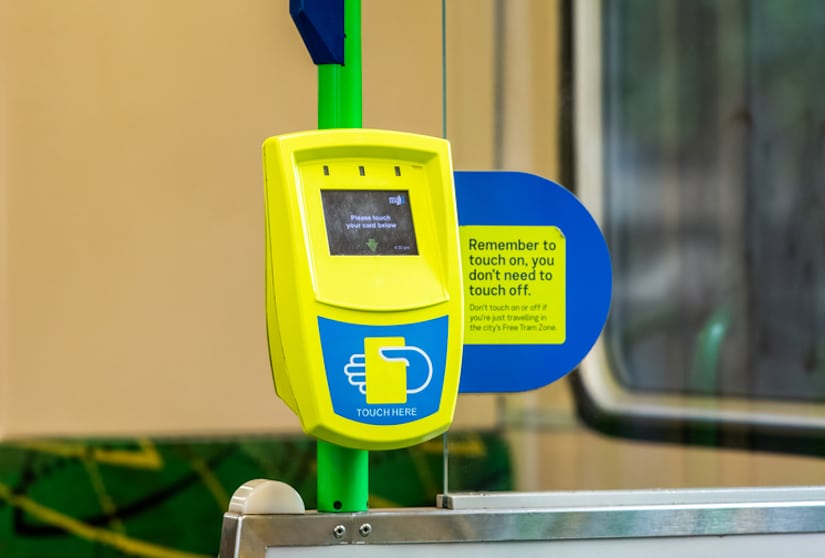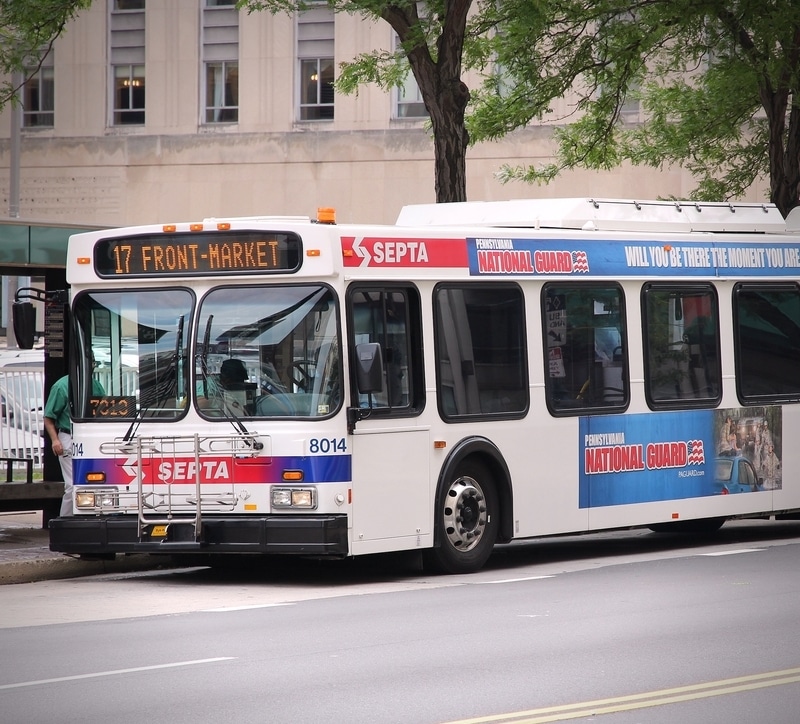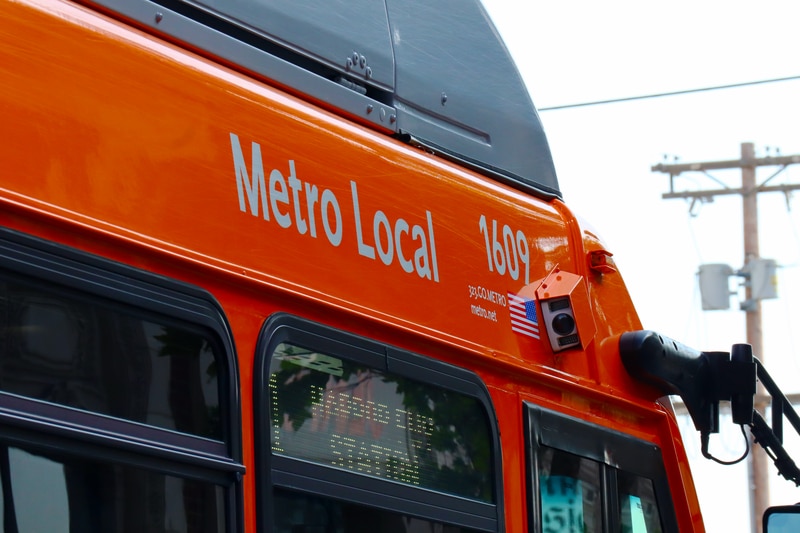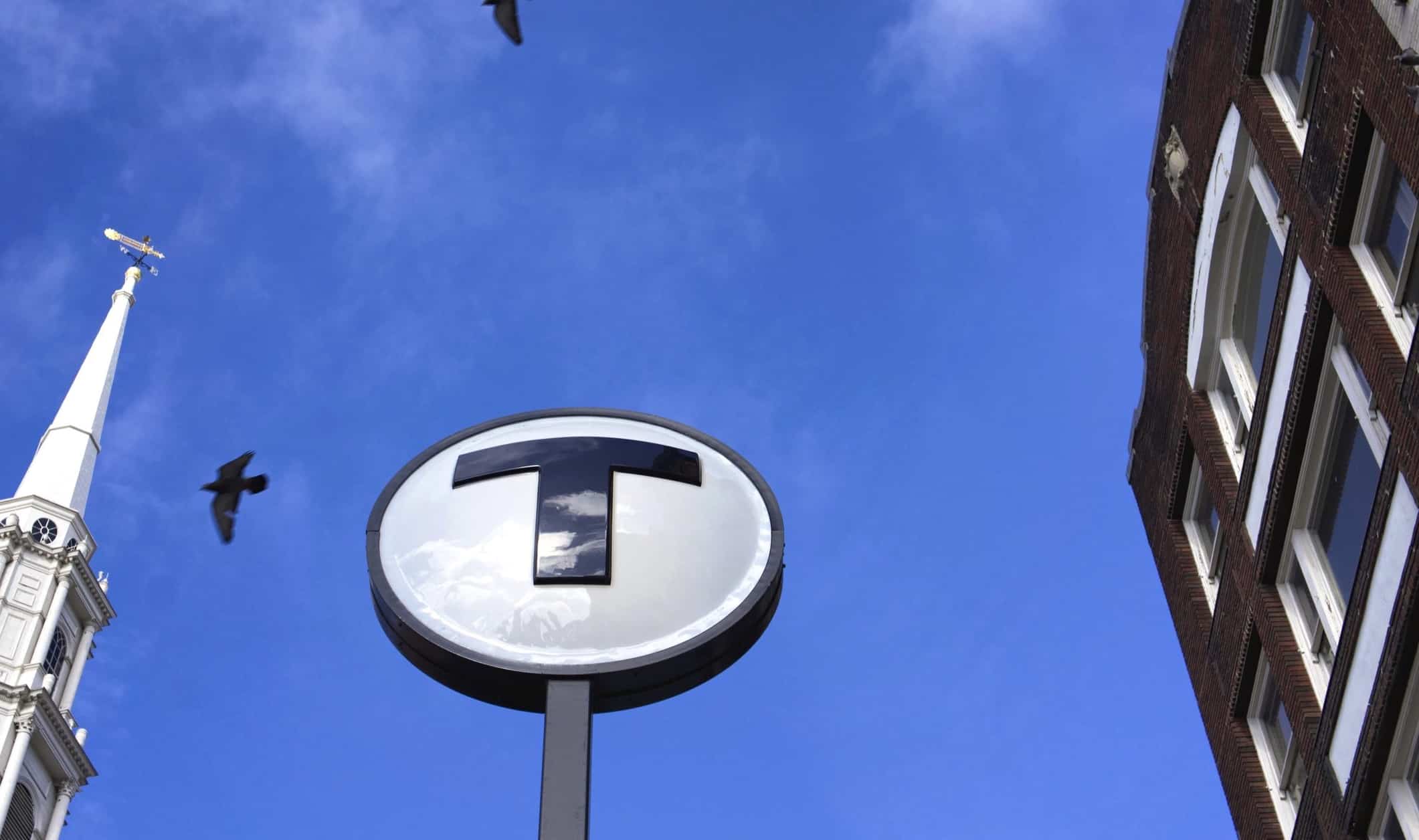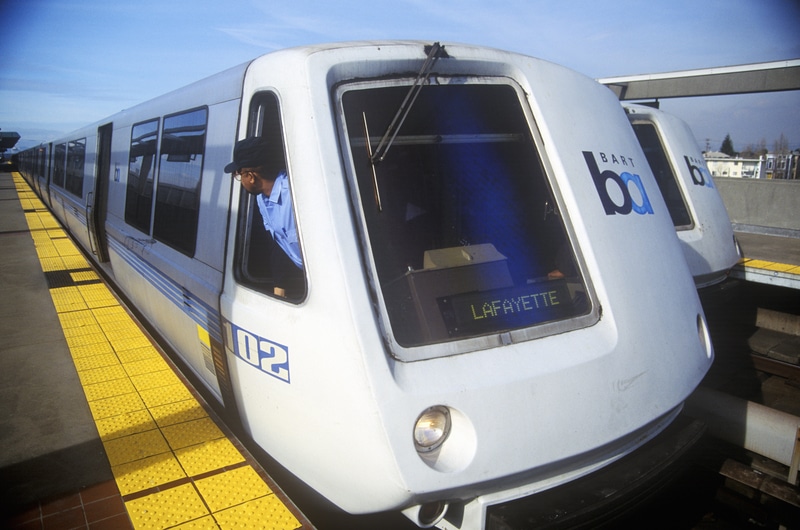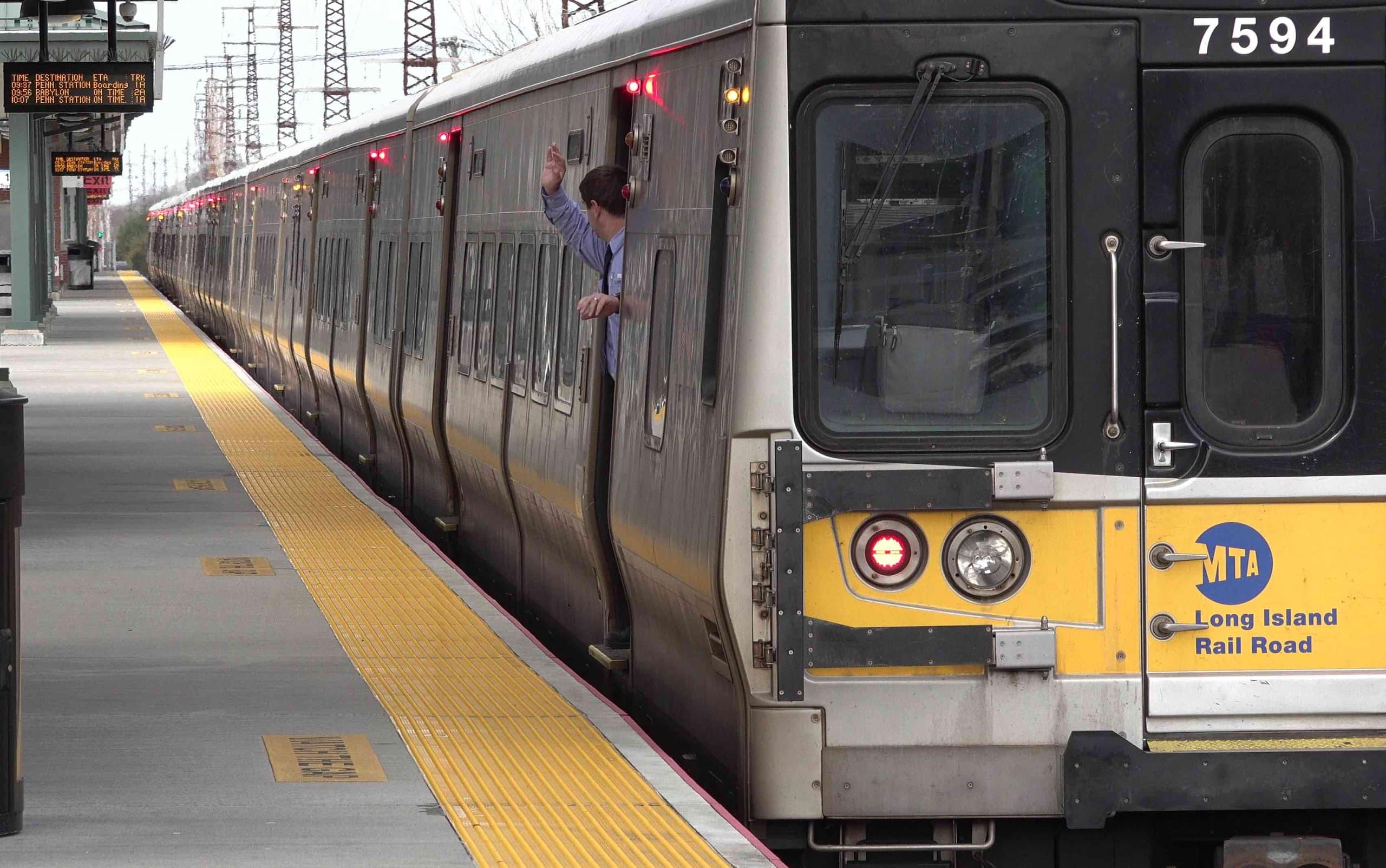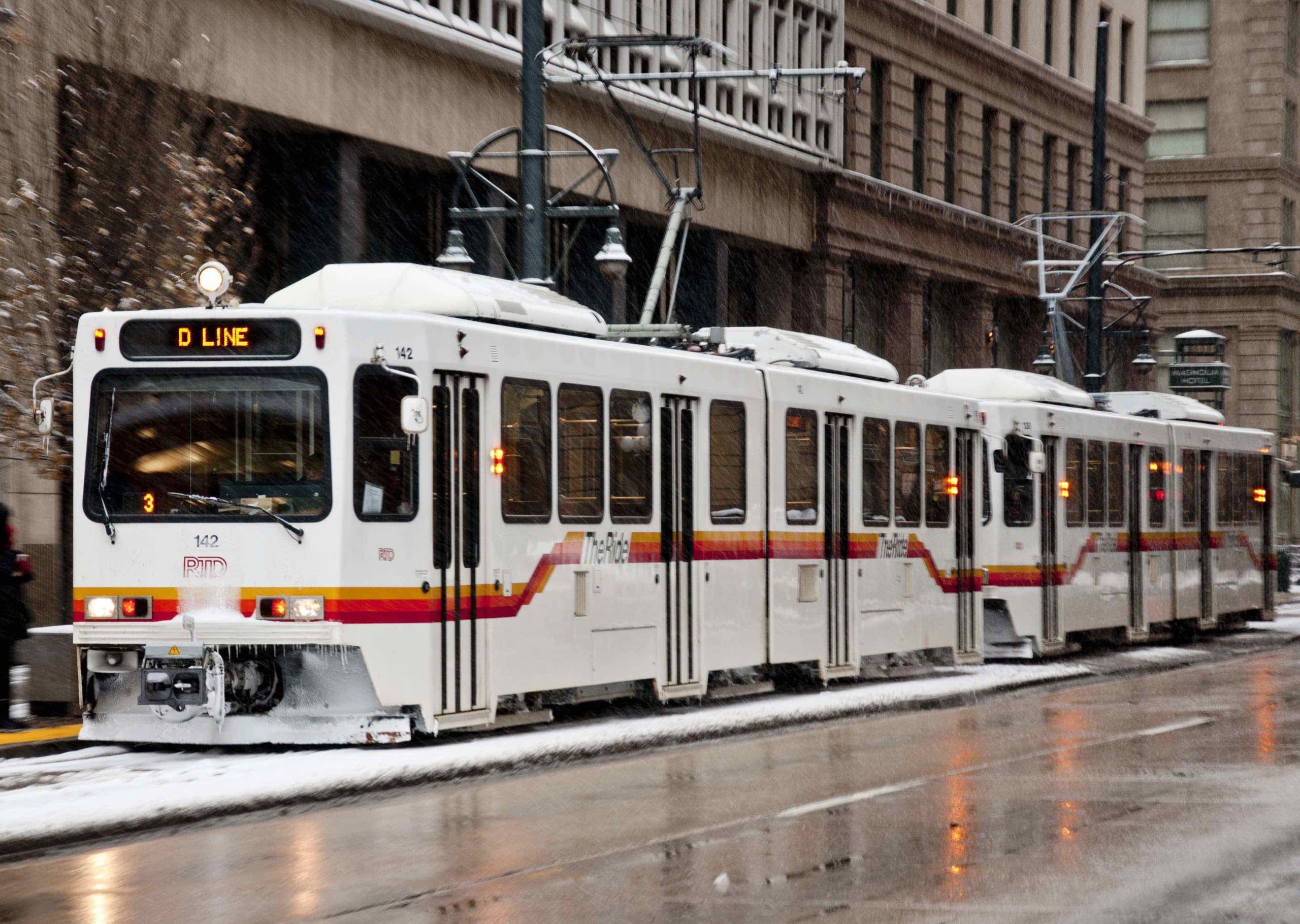
Article Highlights
The first transit agencies that have enabled mobile ticketing in ride-sharing Uber and Lyft apps complain about data sharing from these TNCs. In addition, transactions in the apps, after two years or more have been low. Taken together, this shows that concept of public agencies and private TNCs working together to deliver door-to-door mobility is, at the very least, off to a slow start.
• CHART: Share of mobile ticketing sales by app, RTC
• CHART: Share of mobile ticketing sales by app, RTD Denver
• CHART: Mobile-ticketing sales by app, 2020-21, RTC
• CHART: Share of revenue by fare type, RTC
• TABLE: Ticketing in 3rd-party apps, cities
• RTD Denver
• RTC of Southern Nevada
• NEORide
• Uber
• Lyft
• Transit
• Masabi
When the Regional Transportation District of Denver began enabling Uber to sell its bus and train tickets in May 2019-in the first integration of its kind in the world-it was seen as a rare example of a public transit agency and a private ride-sharing company putting competition aside and working together.







